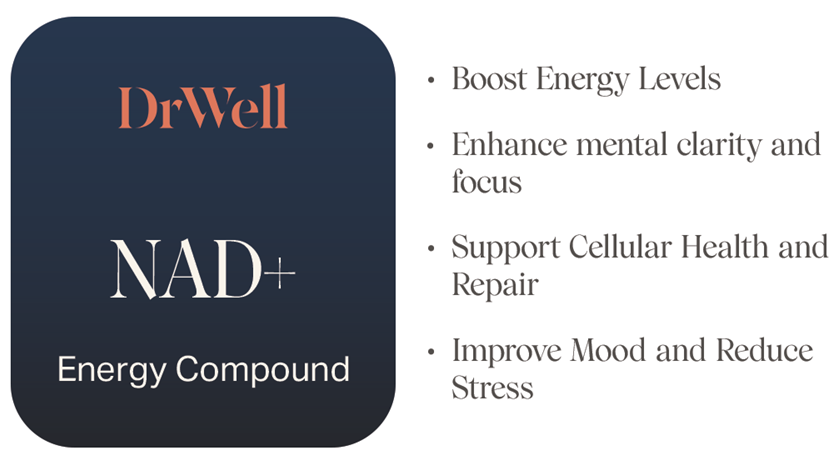 If you haven’t heard, the traditional pharmacy, CVS, is proposing to buy the traditional health insurance company, Aetna, for $69 billion. The CVS Aetna deal has many potential effects. One curious aspect is that the new vertically integrated company won’t include doctors. This will affect primary care physicians the most.
If you haven’t heard, the traditional pharmacy, CVS, is proposing to buy the traditional health insurance company, Aetna, for $69 billion. The CVS Aetna deal has many potential effects. One curious aspect is that the new vertically integrated company won’t include doctors. This will affect primary care physicians the most.
What will the CVS Aetna deal mean for primary care doctors
There are many unknowns with this new CVS Aetna deal. What will happen to Aetna competitors that use CVS as their pharmacy benefits manager? What will happen to CVS competitors that fill prescriptions for Aetna members?
Who knows! There are a million outcomes and ripple effects to this deal. We’ll have to wait to see what happens. But for the purposes of this post, let’s focus on the effect on primary care doctors.
The new combined company doesn’t own any physician practices, no hospitals or surgery centers. They aren’t bringing on doctors from the deal alone. Currently, CVS has Minute Clinics that heavily rely on nurse practitioners and in some locations, primary care doctors, that offer primary care services in their retail stores.
As Minute Clinics expand, Aetna will start to push their customers/members towards primary care in these retail based clinics. Critics are welcome to suggest that consumer care will suffer with patients going to Minute Clinics rather than a primary care physician, but it will be less expensive for the consumer.
Obviously if consumers don’t receive some continuity of care, they’re theoretically more likely to end up in the ER. And that will ultimately cost Aetna more in paying out benefits. To avoid this outcome, there will be a shift in Minute Clinics becoming less like one-off clinics and more like a primary care doctor’s office.
For this reason, the CVS Aetna deal will begin to supplant the traditional primary care doctor’s office. And who knows, maybe they’ll also start to offer a concierge, direct primary care option. No one is safe anymore!



